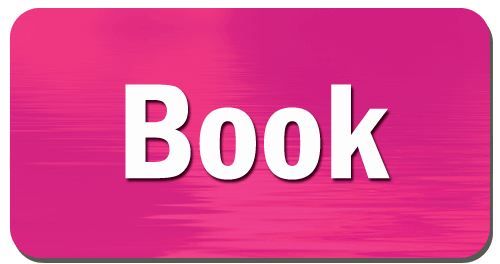Action Researchers Book++ Review

Post by ARJ Associate Editors Rob Warwick & Chris Riedy and Hilary Bradbury, Editor.
“We are innovating with a new approach to book reviewing for the ARJ journal and related AR+ community. Good books and excellent digital media are clearly invaluable inputs to our work as action researchers. But in a world awash with excellent content, how does the ARTist find gold?
Our aim with the journal itself is to support action researchers in their transformative work of creating sustainable and regenerative societies, places to live and work and of course to protect our planet (Bradbury et al., 2019a). For this we have elaborated seven quality choicepoints that guide a lot of what we do at the journal (Bradbury et al, 2019b) and in our ART more generally.
Our aim with the new review feature is to inspire action researchers in their transformative practice and scholarship with a broader array of inspirations. Sociology, anthropology, philosophy, organisation development, psychology are just a few of the byways we might explore to shine an invigorating light onto our reflexive practice. In addition to these different intellectual domains we can look back in time to consider “old” texts that might refresh our thinking today. Useful reminders in our action research exist within and beyond the domain formally known as action research.
When working with students or colleagues, conversations rarely begin and end with scholarly books, or articles; they won’t for us either. Take example Nosedive from Charlie Booker’s Black Mirror series on Netflix (Wright, 2016) which explores the perils of social media and the need to be ‘liked.’ This sparks the collective imagination as to what might lie ahead and the choices we have today. The same goes for podcasts and other ways that help us to learn and understand our world.
How might we choose the books and media to review for this journal? Our focus is concern is for what helps action researchers in their/our work. We’ll want to include examples of how transformation has improved people’s lives and the planet; working with different people enabling them to find their agency and voice, for example:
Action: exploring methods, techniques and ways of working that have helped people in bringing about change in their practice.
Research: how we might understand and conceptualise our work in refreshing ways to bring vitality to action research methodology.
Reflexive confidence: the reflexive ability to develop confidence and relational awareness in challenging, competing and confusing contexts; and in doing so to find their voice and agency in the system.
In the spirit of participative inquiry, we also invite your suggestions in the comments section below.”
- Post by ARJ Associate Editors Rob Warwick & Chris Riedy and Hilary Bradbury, Editor.
References
Bradbury, H., Waddell, S., O’ Brien, K., Apgar, M., Teehankee, B., & Fazey, I. (2019a). A call to Action Research for Transformations: The times demand it. DOI: Action Research, 17(1), 3-10
Bradbury, H., Glenzer, K., Ku, B., Columbia, D., Kjellström, S., Ortiz Aragón, A., Warwick, R., Traeger, J., Apgar, M., Friedman, V., Hsia, H. C., Lifvergren, S., & Gray, P. (2019b). What is good action research: Quality choice points with a refreshed urgency. Action Research, 17(1), 14–18. https://doi.org/10.1177/1476750319835607
Wright, J. (2016) ‘Black Mirror, Nosedive (Episode 3, Series 1)’. Netflix. Available at: https://www.imdb.com/title/tt5497778/.
- Three stories we did not tell about NGO-Community Collaboration in Uganda - April 18, 2024
- Podcast on PAR Peacebuilding in Colombia - April 15, 2024
- Julian Hauer’s Workshop– thinking wider and deeper - April 15, 2024
